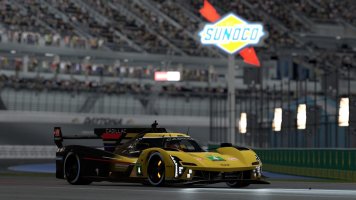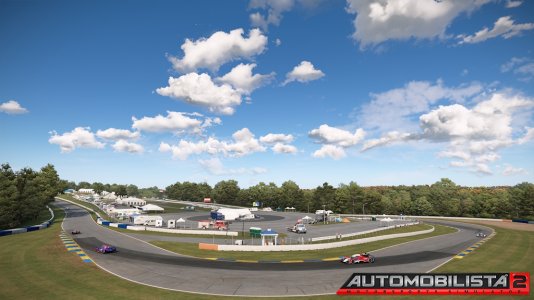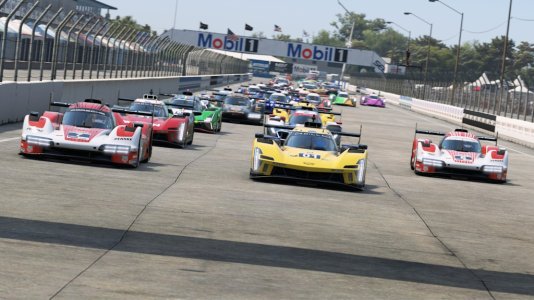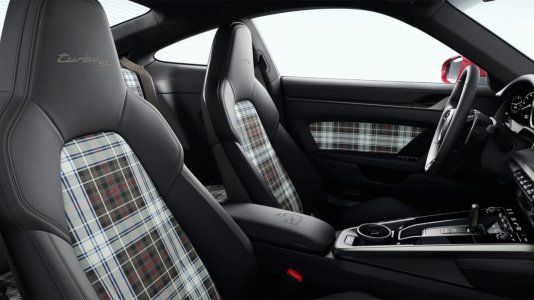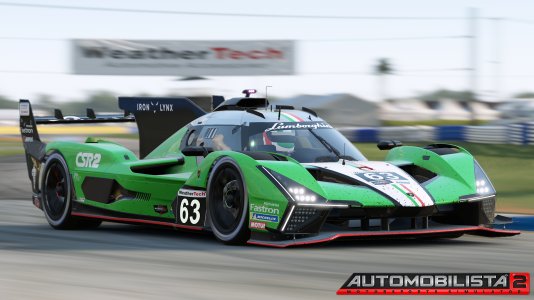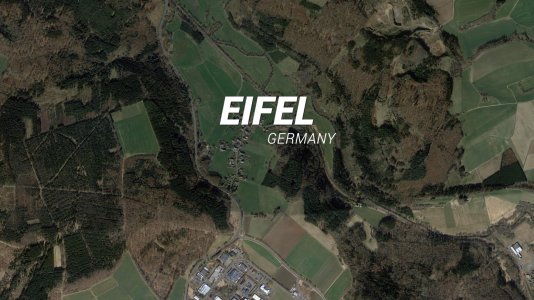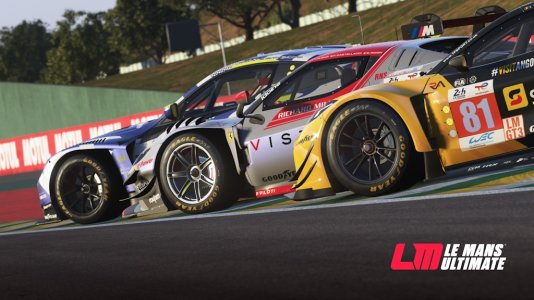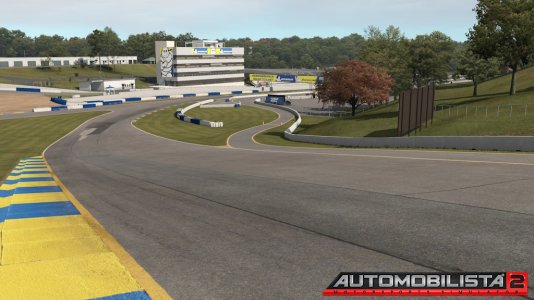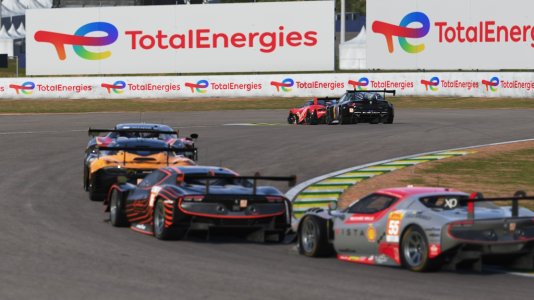Hi,
I have been polishing ACC for VR, made a guide to help others out.
This guide is mostly for Valve Index, Vive and other SteamVR headsets, not tested with Oculus. However, if you find good results with any Oculus headset, let me know so we can update the guide.
Guide on Web
In this guide i will explain in detail how to get the most out of Assetto Corsa Competizione in terms of VR Performance
This guide is up to date with 1.8, as i am not 100% happy with the VR performance introduced in 1.8.
There will probably be updates to this guide after some long-term testing, since i am not perfectly satisfied with the performance yet. However, this guide should be a good pointer or baseline for anyone looking to improve their performance in VR significantly.
Last Update: 2022-11-17
Sections:
I have been polishing ACC for VR, made a guide to help others out.
This guide is mostly for Valve Index, Vive and other SteamVR headsets, not tested with Oculus. However, if you find good results with any Oculus headset, let me know so we can update the guide.
Guide on Web
In this guide i will explain in detail how to get the most out of Assetto Corsa Competizione in terms of VR Performance
This guide is up to date with 1.8, as i am not 100% happy with the VR performance introduced in 1.8.
There will probably be updates to this guide after some long-term testing, since i am not perfectly satisfied with the performance yet. However, this guide should be a good pointer or baseline for anyone looking to improve their performance in VR significantly.
Last Update: 2022-11-17
Sections:
- Introduction
- Before You Get Started
- Check Your Hardware
- Expectations
- SteamVR Settings
- Nvidia Control Panel Settings (Same should apply to AMD's control panel)
- Stop the game from showing on the screen (Optional)
- Engine.ini (Optional, not needed)
- VR Performance Toolkit
- OpenVR_FSR V2.0 (Legacy, do not use)
- In-game Graphics Settings
- Video of improved performance
- Summary
Last edited:
